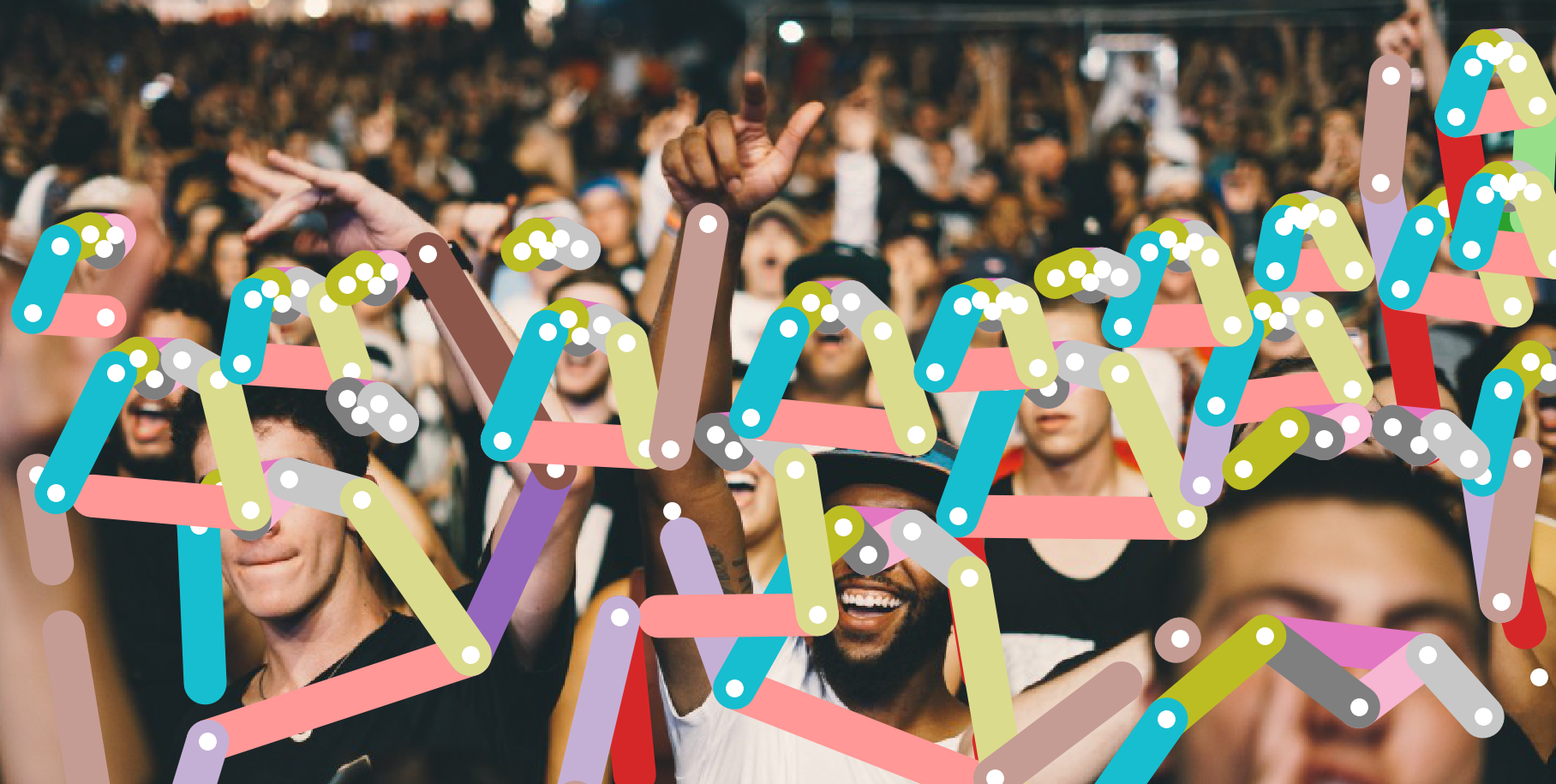
Two years ago, I returned from New York City to Geneva. I had left my industry job and returned to academia as a postdoc in Computer Vision at EPFL. It has been an exciting two years for me in Alexandre Alahi's lab for Visual Intelligence for Transportation. When entering academia from industry, I had no research or publication momentum. As a starting point, I tried to make connections to my previous work in physics, particularly in statistical and physical modeling. This led me to focus on Composite Fields for human pose estimation.
Past
In an extremely short time, we have created three exciting projects with interesting scientific contributions and state-of-the-art results on challenging tasks like Human Pose Estimation. These papers were presented at ICRA, CVPR and ICCV which are the top-tier conferences in robotics and computer vision.
- Crowd-Robot Interaction: Crowd-aware Robot Navigation with Attention-based Deep Reinforcement Learning.
Presented at ICRA2019 in Montreal. Lead by Changan Chan and Yuejiang Liu.
paper code - PifPaf: Composite Fields for Human Pose Estimation.
Presented at CVPR2019 in Los Angeles.
paper code - MonoLoco: Monocular 3D Pedestrian Localization and Uncertainty Estimation.
Presented at ICCV2019 in Seoul. Lead by Lorenzo Bertoni.
paper code
I also presented an overview of our work at the Autonomous Driving workshop at ICML2019 in Los Angeles, at KAIST in South Korea as well as at the European and Swiss transportation conferences hEART (Budapest) and STRC (Ascona).
PifPaf has also created interest in industry. Setting up a commercialization pipeline with EPFL's Technology Transfer Office was another exciting first.
At EPFL, it is also possible to gain professor-style teaching experience as a postdoc through co-teaching. Alex and I are currently co-teaching for the second time Deep Learning for Autonomous Vehicles to master students. The course project ends with a race of human-robot pairs. The student is in front and the robot has to track and follow as fast as possible. At was quite an event last year (video). Last semester, we gave an introductory course in machine learning tailored for engineering students in the bachelor program.
Current
I have three papers under review that extend my previous work in human pose estimation and joint work on pedestrian localization and metric learning. All of these are very exciting and I am looking forward to share more soon.
Another new process for me was applying for grants. I successfully obtained a Spark Grant from the Swiss National Science Foundation for the development of Deep Social Force that pays for the project for one year -- my first time being a PI on a grant. I also drafted our lab's contribution to the EPFL Interdisciplinary Seed Fund project to use Artificial Intelligence for understanding and overcoming motor deficits in collaboration with two labs at the hospital in Lausanne that work on Parkinson and Spinal Cord Injury.
I am also looking forward to ICML this year. It is the first time I am the co-organizer of a workshop, the workshop on AI for Autonomous Driving, which had 400 attendees last year. Luckily, I am surrounded by an experienced team and I am looking forward to learn. Holding this workshop entirely online will be a first for everyone though.
After two years back in academia, I am still not bored. Not at all. Thanks VITA team! Onwards.